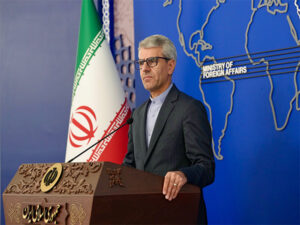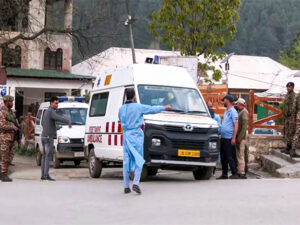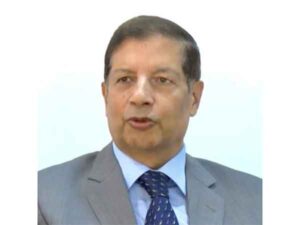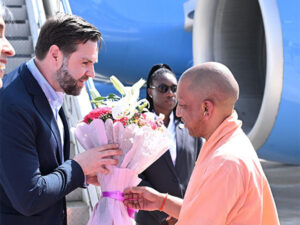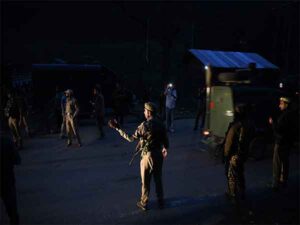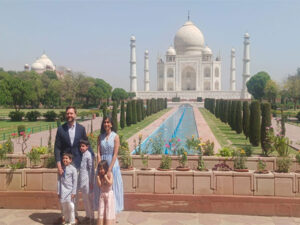Pak President Zardari gets immunity in two corruption cases
Islamabad, May 11 (PTI) Pakistan President Asif Ali Zardari on Saturday received immunity from prosecution as a head of state in two cases of alleged corruption.
The Park Lane and Toshakhana cases were filed against him by the National Accountability Bureau (NAB), the national anti-corruption watchdog. Islamabad-based Accountability Court Judge Nasir Javed Rana was hearing the cases.
The Express Tribune reported that Zardari, 68, had sought immunity in the two cases and the judge issued a written decision on the president’s petition and halted all proceedings against him.
Zaradi, co-chairperson of the Pakistan Peoples Party (PPP) was elected in March as the 14th President of Pakistan for five years.
The judge noted that the president sought immunity under Article 248 (2) of the Constitution, following which no case can be registered or action taken against the petitioner.
The prosecution did not object to the president’s plea, hence it was approved and case proceedings were halted until the end of Zardari’s tenure as president of Pakistan, according to the written order.
The Park Lane case accused Zardari of influencing relevant authorities during his tenure as the president during his first term from 2008 to 2013 allegedly obtaining loans for his front companies and allegedly causing a loss of Rs 3.77 billion to the country.
The Toshakhana case was about Zardari purchasing vehicles from the state repository where all pricey items gifted by foreign countries to Pakistani leaders are deposited. However, the leaders who are given those gifts can buy the same from the Toshakhana under certain conditions.
It was alleged that the government of Yusuf Raza Gilani of Zardari’s Pakistan Peoples Party (PPP) had relaxed rules for his benefits to purchase vehicles, an allegation denied by Zardari.
Earlier, NAB on April 22 had submitted a report to an accountability court that Zardari enjoyed presidential Immunity in Thatta water supply case under Article 248 of the Constitution. The case was about illegally awarding the Thatta water supply scheme contract to a private contractor.

